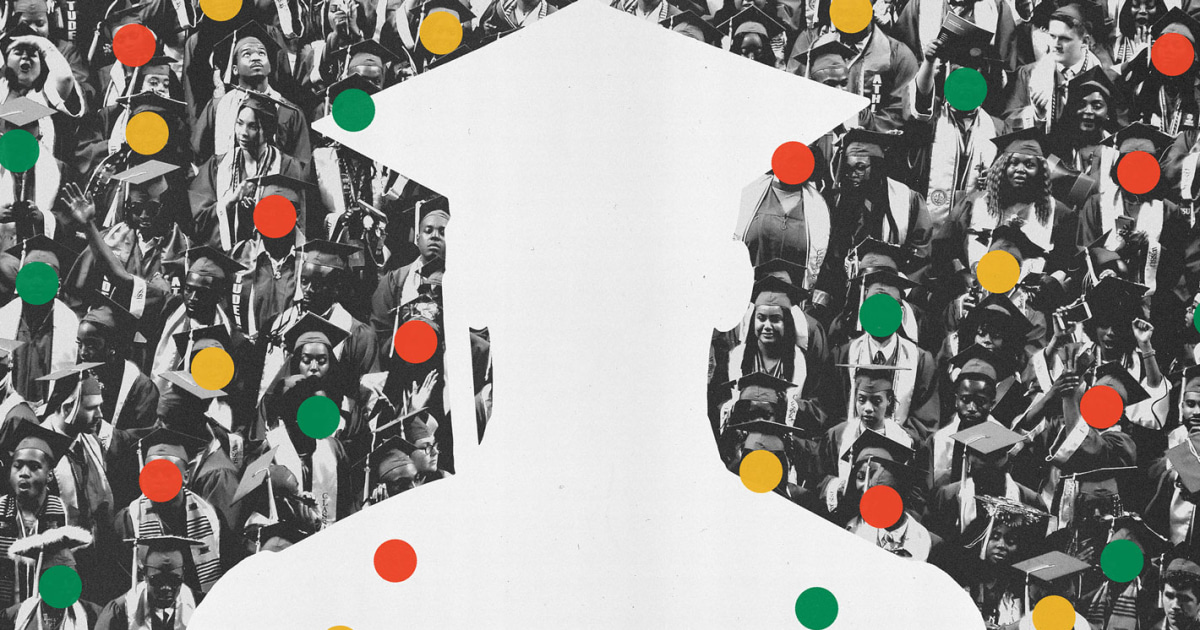Ahmaad Fulton, also a sophomore at Penn and member of Descendants of Afro-Americans at Penn (DAAP), a student-led group, asked, “Just thinking about the amount of African Americans that will be let in next year or the following years to come, is the percentage going to decrease? That’s the biggest concern.”
Camille Zubrinsky Charles, professor of sociology at Penn, said Fulton’s concern is a legitimate one.
Charles co-wrote a
2007 study that disaggregated the ancestral breakdown of Black students at highly selective universities.
The researchers found that 41% of Black students at four Ivy League colleges surveyed (Columbia, Yale, Princeton and Penn) were children of foreign-born parents, hailing primarily from sub-Saharan African and Caribbean nations. These first- and second-generation Black Americans were
overrepresented in the Ivy League, given that at the time they made up 13% of the Black population at large.
“First- and second-generation Black immigrants have been overrepresented on selective college campuses, and that trend has continued,” Charles said.
There has been no recent comparable research on the lineage of Black undergraduate students in the Ivy League, Charles said. It is unclear, beyond anecdotal observations from those who spoke with NBC News, that first- and second-generation students are indeed overrepresented on these campuses. But
since the 2007 study took place, Black migration to the U.S., overall, has increased. First- and second-generation Black Americans now make up 21% of the Black population, according to a
2022 report by the Pew Research Center.
Many students shared frustration that their schools did not have metrics for the portion of the Black undergraduate population that traces its roots to American slavery. The lack of data, they said, made it difficult to articulate how invisible they feel...
An uncertain future
Brooks, who is a co-chair of the Descendants of Afro-Americans at Penn, said she is worried that the affirmative action ruling may put the future of the club in peril, due to potentially fewer members.
“It’s a scary reality that once we leave, it may no longer be here,” Brooks said. A similar multigenerational Black student club that predated DAAP disappeared after the pandemic, leaving behind little information about who its members were. She fears a similar fate could await her organization, given that it is already hard to recruit members from the small Black American student population.
Why some Black students on Ivy League campuses say they feel like “a minority within a minority.”

www.nbcnews.com
Twenty five years ago, when I was an undergrad at an Ivy, it felt like 50-50. Can't imagine what it is now.
Yall not gon like it, but I'm sure the majority of FBA agree: if it's not benefitting us, burn it down. Since everybody's being selfish, we've largely decided to do the same.






